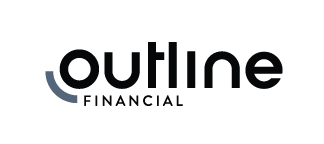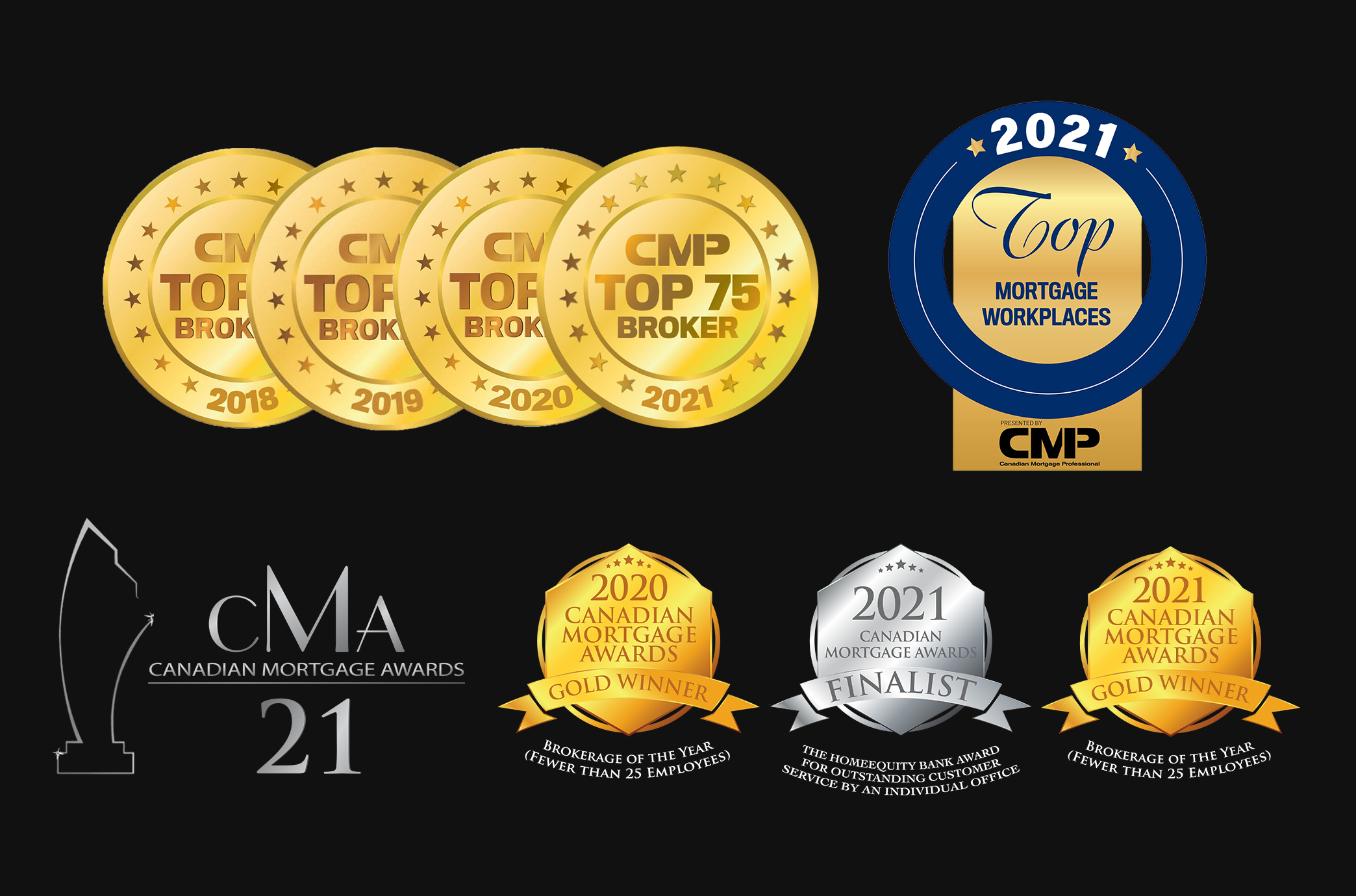Great Mortgages. The Right Insurance. Expert Advice.
Paying Down Debt Versus Saving Money
Your Outline Financial Team.
Call or email at any time:
If things are going well and you’ve got money left over at the end of every month, you may be wondering if you should pay off debt or save. How do you choose?
The first thing you’ll need to do is determine is how much free cash flow you have. You might have a general sense of what that number is, or you might need to put together a detailed budget. Once that’s done, here are a few things to consider in prioritizing savings versus paying down debt:

iStock/Olivier Le Moal
How Critical Is an Emergency Fund?
The more uncertain your income is, the more critical an emergency fund becomes. For example, if you and your significant other are tenured professors, you might need to build an emergency fund to cover expenses for no more than a few months should one of you become disabled and unable to work.
If, on the other hand, you work for a startup and your spouse or partner is a freelancer, prioritize saving for the emergency fund. You should have three to six months of expenses set aside, particularly if job loss would mean not being able to cover expenses.
How Comfortable Are You With Debt?
There is clearly no shortage of people in today’s society who are comfortable with debt. But there still exists a sizable contingent of folks who just don’t like borrowing and want to avoid debt or pay it down quickly regardless of what “the numbers” say.
If your personal preference is to pay down debt as quickly as possible, just make sure the associated decrease in savings in the short-term doesn’t jeopardize your ability to meet your financial goals.
What Is the Carry on Debt Versus Savings?
By carry, I mean the difference in what you’re likely to pay in interest on the debt versus what you can earn on savings or investing.
Sometimes, determining if the carry works for you or against you is simple. For example, if you know you’ll pay more in interest on the credit card that charges 19.5% than you’ll earn in a money market, taking care of the debt obviously makes sense. On the other hand, if you’ve taken out a no-interest car loan, the carry works in your favor even if you’re just investing in a CD.
Answering this question is often more difficult, particularly if it involves trying to determine whether to pay down your 30-year fixed mortgage or invest in a diversified equity portfolio. The longer the time-frame, the greater the likelihood the market return will be greater than the interest paid on a low-interest mortgage, but over shorter term of a few years or less, the variability of market return makes the chance that the carry works in your favor lower.
Can You Layer Savings for Long-term Goals?
You may not be able to meet your savings targets in addition to paying down debt as quickly as you would like given your current cash flow. In these instances, one approach to take is to pay down debt more aggressively and assume savings increases in the future as income increases and debt is paid off.
For example, while a couple might be able to save $30,000 per year for the next few years, that figure could increase to $40,000 per year once a second mortgage is paid off.
Layering savings can change a plan that looks marginally successful into one that has a high probability of success. The key in layering savings is to avoid lifestyle creep, in which you find you have more expensive tastes as your income increases.
Paying off debt is a longer-term project for most of us. By prioritizing debt to be paid down and striking a balance between saving and retiring debt, you can pay off your debt within the longer-term context of achieving your financial goals.
––––––––––
This article was written by Micah Porter from Investopedia and was legally licensed by AdvisorStream to Outline Financial.![]()




